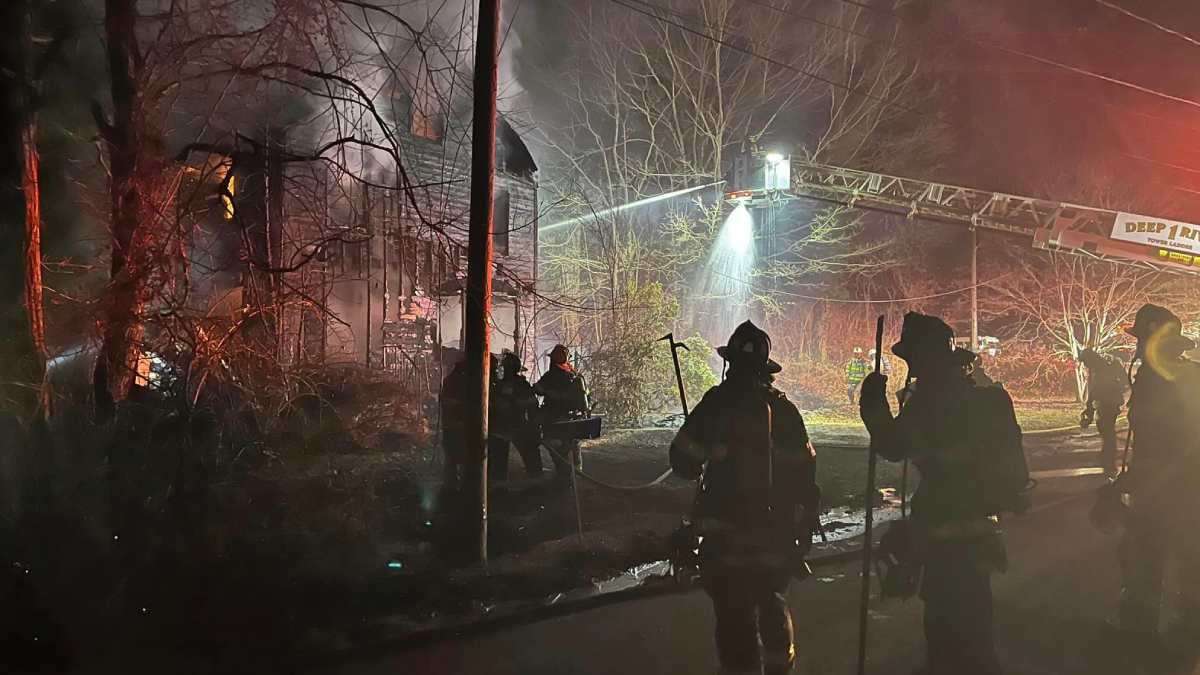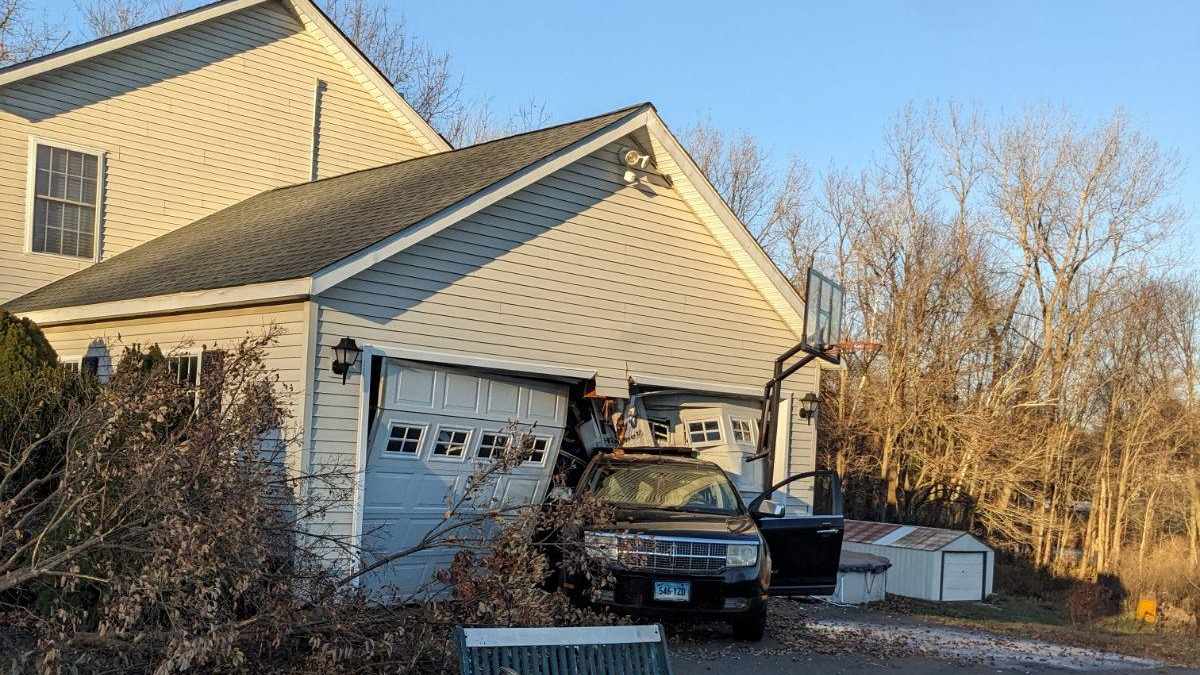Another 267 people have tested positive for COVID-19 in Connecticut and 27 more people have died, bringing the total number of deaths to 112, Gov. Ned Lamont said Thursday.
There are now a total of 3,824 confirmed cases in Connecticut. The county by county breakdown is as follows:
- Fairfield County: 2,132
- New Haven County: 647
- Hartford County: 539
- Litchfield County: 141
- Middlesex County: 74
- New London County: 29
- Tolland County: 67
- Windham County: 21
- Pending address validation: 174
More than 18,000 people have been tested for COVID-19 in the state.
The state is reporting 112 deaths statewide, with the youngest victim being a 7-week-old baby girl from Hartford.
The baby is the only pediatric death reported in the state and is likely the youngest-ever victim of COVID-19, Lamont said Wednesday.
The child was brought to the hospital unresponsive last week and could not be revived, Gov. Lamont said.
Health officials said Thursday the case remains under investigation.
UNEMPLOYMENT UPDATE
The state has received 220,000 unemployment claims in the last three weeks, 20 times the normal amount. The Department of Labor continues to process claims.
There is a backlog of at least five or six weeks to process unemployment claims, Lamont said Thursday.
"My goal is to clear that backlog over two or three weeks," the governor said.
Unemployment claims processors are working overtime, said Melissa McCaw, Secretary of the Office of Policy and Management.
"There is a SWAT time at this time if you will looking at all options for the commissioner to increase staffing there," McCaw said.
State officials are looking throughout the government for any former Department of Labor employees or others with backgrounds in unemployment claims processing.
HOTELS, SHORT-TERM RENTALS FOR ESSENTIAL WORKERS ONLY
The governor announced a new executive order Thursday that states hotels and short-term rentals will now be exclusively for essential workers, not leisure travel. That order will go into effect Friday.
NURSING HOMES
Department of Public Health Commissioner Renee Coleman-Mitchell said 57 nursing homes in Connecticut now have at least one confirmed positive coronavirus case.
"My biggest concern is to address the needs of these most vulnerable residents," Coleman-Mitchell said.
As exploration continues of isolating coronavirus patients in separate facilities, Coleman-Mitchell said she is trying to prevent further spread in nursing homes.
"Our goal is to save their lives," she said.
STATE BUDGET IMPACTS
The governor said the state is looking at a $500 million deficit in the budget due to the coronavirus outbreak, mostly because of income tax and state sales tax revenue impacts. The state is set to receive $1.45 billion from the federal government to pay expenses related to the COVID-19 response.
GROCERY STORE SOCIAL DISTANCING GUIDANCE
On Wednesday, Lamont issued guidance to grocery store customers and employees.
The governor is urging residents to do what they can to keep supermarket employees healthy by staying six feet away from employees and other shoppers, to send only one family member to the store if possible, use credit cards rather than cash if you can, limit contact and, if you choose to wear gloves, properly dispose of them after you leave the store. In an executive order signed Wednesday, Lamont released specific guidance for stores, including limited occupancy to 50% of a store's capacity.
INSURANCE POLICY GRACE PERIOD
The governor also announced Wednesday a 60-day grace period for premium payments, policy cancellations and non-renewals of insurance policies beginning Wednesday, April 1, to help those unable to pay during the crisis. This includes life, health, automotive, casualty and other types of insurance plans. The grace period is not automatic - those wishing to take advantage of it must provide information to their insurance carriers.
RELIEF FROM CERTAIN MUNICIPAL TAX DEADLINES
The governor is also requiring cities and towns to look at options to provide temporary tax forbearance for property tax collection and interest on delinquent payments under certain conditions.
State parks remain open, but officials said DEEP is closely monitoring how many people are visiting the parks and when lots become full, parking thresholds may be lowered when necessary.
Lamont said Connecticut has the fourth most COVID-19 infections per capita in the U.S., behind New York, New Jersey, and Louisiana.



